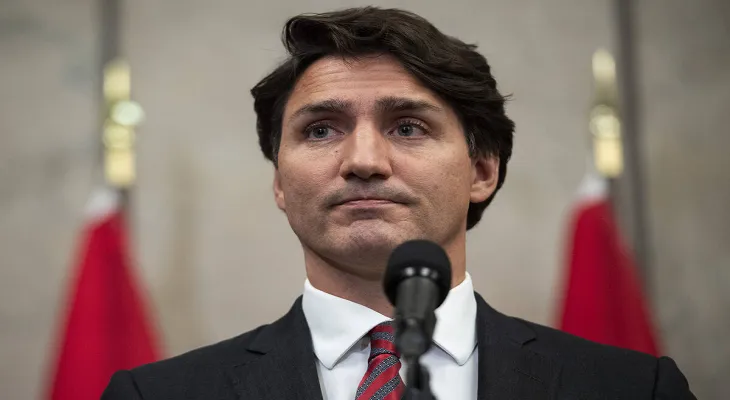Search here
Newspaper
Search here

Arab Canada News
News

Published: June 28, 2022
Prime Minister Justin Trudeau announced more financial aid for Ukraine, including a $200 million loan through the IMF in the closing program of the G7 Summit in Germany.
Canada’s contribution comes as G7 leaders committed to gradually phasing out imports of Russian coal and oil or banning them in response to Russia’s war on Ukraine and the ensuing energy crisis triggered by the invasion.
Trudeau said Canada remains determined to support Ukraine as it defends its sovereignty and territorial integrity.
Trudeau said in a press conference, "It is important that the world does not lose interest and focus on what is happening in Ukraine. We must remain committed so that Ukraine remains free and democratic."
In addition to the loan provided to the Ukrainian government, Canada is providing $75 million in humanitarian aid to help operations in Ukraine and neighboring countries.
The aid will also include providing in-kind and cash food aid, emergency vouchers, shelter for Ukrainian refugees, as well as health services.
Canada will also provide $52 million in agricultural aid including mobile grain storage equipment to increase grain storage capacity, as well as assistance in providing rapid diagnostic tests and animal disease monitoring to allow them to export.
On another note, Trudeau said, "Our farmers usually face major challenges and have proven to be creative. Therefore, we will bring this expertise to Ukraine to help as much as we can."
Canada is also contributing $15 million to help finance demining efforts and $9.7 million for those tracking human rights violations in Ukraine.
In the final statement of the G7 Summit, the leaders said they are working to ensure that Russia does not exploit its position as an energy producer to benefit from its aggression at the expense of vulnerable countries.
On the other hand, this conflict has put pressure on energy markets in Europe and supply security worldwide.
The leaders also agreed to intensify their efforts to mitigate rising food prices and scarcity, which have worsened as a result of the Russian war in Ukraine.
They now plan to expand their resettlement programs to accommodate millions of Ukrainian refugees displaced by the conflict.
Editing: Dima Abu Khair
Comments